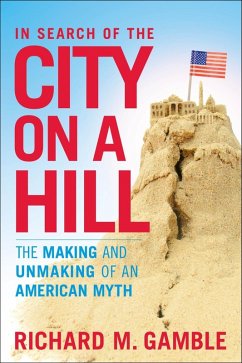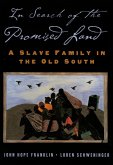In Search of the City on a Hill challenges the widespread assumption that Americans have always used this potent metaphor to define their national identity. It demonstrates that America's 'redeemer myth' owes more to nineteenth- and twentieth-century reinventions of the Puritans than to the colonists' own conceptions of divine election.
It reconstructs the complete story of 'the city on a hill' from its Puritan origins to the present day for the first time. From John Winthrop's 1630 'Model of Christian Charity' and the history books of the nineteenth century to the metaphor's sudden prominence in the 1960s and Reagan's skillful incorporation of it into his rhetoric in the 80s, 'the city on a hill' has had a complex history: this history reveals much about received notions of American exceptionalism, America's identity as a Christian nation, and the impact of America's civil religion.
The conclusion considers the current status of 'the city on a hill' and summarizes what this story of national myth eclipsing biblical metaphor teaches us about the evolution of America's identity.
It reconstructs the complete story of 'the city on a hill' from its Puritan origins to the present day for the first time. From John Winthrop's 1630 'Model of Christian Charity' and the history books of the nineteenth century to the metaphor's sudden prominence in the 1960s and Reagan's skillful incorporation of it into his rhetoric in the 80s, 'the city on a hill' has had a complex history: this history reveals much about received notions of American exceptionalism, America's identity as a Christian nation, and the impact of America's civil religion.
The conclusion considers the current status of 'the city on a hill' and summarizes what this story of national myth eclipsing biblical metaphor teaches us about the evolution of America's identity.









